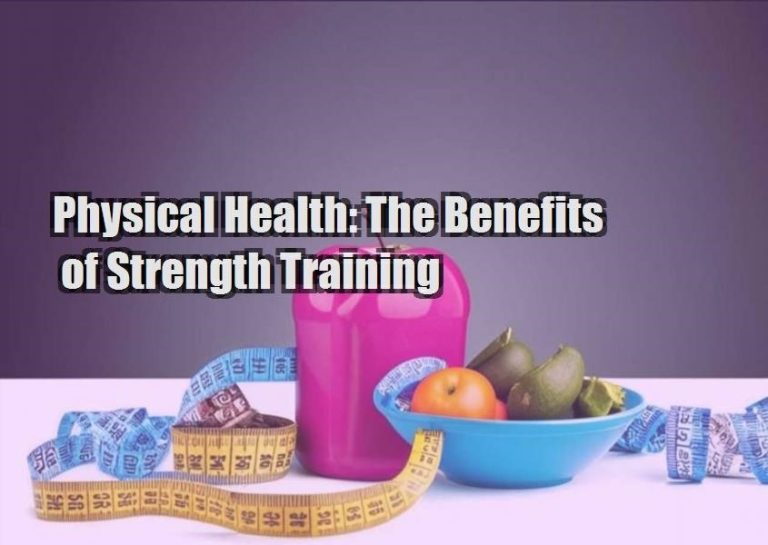Introduction
Holistic health is an approach to wellness that considers the whole person, including their physical, mental, emotional, and spiritual aspects. It emphasizes the interconnectedness of these elements and the importance of treating the root causes of health issues rather than just addressing symptoms.
One essential aspect of holistic health is the consumption of whole, unprocessed foods. A nutrient-rich diet provides the body with the essential vitamins, minerals, and antioxidants it needs to function optimally, supporting its natural healing abilities.
The Benefits of Whole Foods
Improved Nutrient Intake
Whole foods are packed with essential nutrients that are vital for maintaining overall health and well-being. They provide fiber, vitamins, minerals, and antioxidants that support the immune system, boost energy levels, and reduce the risk of chronic diseases.
Reduced Inflammation
Whole foods are naturally anti-inflammatory, helping to reduce inflammation throughout the body. This can improve symptoms of conditions such as arthritis, asthma, and heart disease.
Improved Digestion
Fiber is essential for maintaining a healthy digestive system. Whole foods provide ample fiber, which promotes regularity, reduces constipation, and supports a healthy gut microbiome.
Weight Management
Whole foods are generally lower in calories and higher in fiber than processed foods. This makes them more filling, helping you feel satisfied on fewer calories and maintain a healthy weight.
Choosing Whole Foods
When selecting whole foods, its important to focus on fresh, unprocessed options. Look for fruits, vegetables, whole grains, legumes, lean protein, and healthy fats.
Fruits
Fruits are naturally sweet and provide a variety of vitamins, minerals, and antioxidants. Choose fruits with vibrant colors, as they tend to be richer in nutrients.
Vegetables
Vegetables are packed with fiber, vitamins, and minerals. Aim for a variety of colors and types, as each offers its own unique nutritional benefits.
Whole Grains
Whole grains are a good source of fiber, B vitamins, and minerals. Look for brown rice, quinoa, oatmeal, and whole-wheat bread.
Legumes
Legumes, such as beans, lentils, and chickpeas, are high in protein, fiber, and iron. Theyre a great meatless alternative.
Lean Protein
Lean protein sources, such as fish, poultry, tofu, and beans, are essential for muscle growth and repair.
Healthy Fats
Healthy fats, found in foods like avocado, nuts, seeds, and olive oil, support heart health, brain function, and hormone production.
Incorporating Whole Foods into Your Diet
Make Half Your Plate Fruits and Vegetables
Aim for a variety of colors and types to ensure youre getting a wide range of nutrients.
Choose Whole Grains Over Refined Grains
Opt for brown rice instead of white rice, quinoa instead of pasta, and whole-wheat bread instead of white bread.
Include Legumes in Your Meals
Add beans, lentils, or chickpeas to salads, soups, and stews.
Choose Lean Protein Sources
Grill or bake fish and poultry, and opt for tofu or beans in meatless dishes.
Incorporate Healthy Fats
Drizzle olive oil on salads, add avocado to sandwiches, and snack on nuts and seeds.
Limit Processed Foods
Processed foods are often high in sodium, sugar, and unhealthy fats, which can hinder overall health.
Conclusion
A holistic approach to health that emphasizes the consumption of whole foods can significantly improve your well-being. Whole foods provide the body with the nutrients it needs to heal itself, reduce inflammation, improve digestion, and maintain a healthy weight. By incorporating more whole foods into your diet, you can unlock a healthier and more fulfilling life.







